- Membership Resources
- State Chapters
- Education/Events
-
Advocacy/Policy
- Home Care Workforce Crisis: An Industry Report and Call to Action
- Advocacy Fund
- State of Home Care: Industry at Crossroads
- Home Care Workforce Action Alliance
- Caring for Seniors: Value of Home Care
- Home Care by the Numbers
- Issues & Positions
- Legislative Action Network
- State Legislation Tracker
- Federal Legislation Tracker
- 2024 National Advocacy Day
- About HCAOA
- Find a Job
 By Elizabeth E. Hogue, Esq. Legal challenges to vaccine mandates continue. One of the most recent challenges already addressed by the Court is Christy Beckerich, et al v. St. Elizabeth Medical Center, et al [Civil Case No. 21-105-DLB-EBA, (E.D. Ky. Sept. 24, 2021)]. In this case, the Court rejected employees’ request for a Temporary Restraining Order and/or Preliminary Injunction to block vaccine mandates based on its conclusion that private employers can modify employment conditions to require employees to be vaccinated in response to an unprecedented global pandemic. The Plaintiffs in this case are a group of healthcare workers, both past and presently employed by St. Elizabeth Medical Center and Summit Medical Group.
Under the Defendants’ policy of mandatory vaccination, before October 1, 2021, employees were required to either receive a COVID-19 vaccine, or to submit a request for a medical exemption or an exemption based on sincerely held religious beliefs. The vaccination policy also states that failure to comply without an exemption may result in termination of employment. The focus of the employees’ objection is that the policy infringes upon their constitutional rights. Employees also claim that the Defendants have not approved religious and medical accommodations to the policy as required by the Americans with Disabilities Act (ADA) and Title VII of the Civil Rights Act of 1964 (Title VII). With regard to the employees’ constitutional claims, the Court stated that there is a line between state action subject to scrutiny under the 14th Amendment and private conduct that is not subject to such scrutiny. Under the “state action doctrine,” employees’ constitutional claims are invalid unless they can show that the Defendants are “state actors.” The fact that the government licenses or contracts with private entities, said the Court, does not convert private entities into state actors unless the private entity is performing a traditional, exclusive public function. No matter how much federal funding private healthcare providers may receive, the Court said that they are generally not state actors for purposes of constitutional questions. Because employees cannot show that the Defendants are state actors, their constitutional claims “have zero likelihood of success on the merits” and are “virtually nonexistent.” The Court then acknowledged that the Hospital is required to offer medical and religious accommodations to its mandatory vaccination policy. However, both the ADA and Title VII require exhaustion of administrative remedies before lawsuits are filed. In other words, employees cannot go directly to the Courts. The Court then addressed the ADA claims. The ADA generally prohibits discrimination against qualified individuals on the basis of disability as it applies to aspects of employment, including hiring, advancement and firing. Employers are required to provide disabled employees with “reasonable accommodations” to avoid discrimination. With regard to vaccine mandates, the Equal Employment Opportunity Commission (EEOC) has advised employers that they must provide processes by which disabled employees can seek medical exemptions to vaccine requirements. In this case, employees claimed that the Hospital “corrupted” the process of reasonable accommodations for disabled employees with no right to appeal denials. In response, the Court said that, on the contrary, the Defendants have either granted full exemptions or granted deferments to seventy-five percent of employees who requested medical accommodations. Defendants granted thirty-one medical exemptions and one hundred forty-three deferments, more accommodations than there were Plaintiffs in this case. The Court also noted that there was a complete lack of adverse employment effects suffered by Plaintiffs. Two of the Plaintiffs received medical exemptions. In order to prove their claims under Title VII, employees were required to show that they:
The Court pointed out that, in this case, none of the employees have been denied religious exemptions, so they could not prove their claims under Title VI. The Court also rejected the Plaintiffs’ claim of irreparable harm from the vaccine mandate because the employees can find other jobs. At least one of the employees had, in fact, already done so. The Court then said that “No Plaintiff is being imprisoned and vaccinated against his or her will...Rather these Plaintiffs are choosing whether to comply with a condition of employment, or to deal with the potential consequences of that choice.” Finally, the Court noted that the Jacobsen case, which we previously wrote about, has not been overturned by the U.S. Supreme Court and remains in effect. Other Courts will likely adopt the reasoning in this case in response to further attempts to block vaccine mandates. Copyright 2021 Elizabeth E. Hogue, Esq. All rights reserved.
0 Comments
Leave a Reply. |
Archives
July 2024
Categories
All
Upcoming Events |
|
Phone: 202-519-2960 | 444 N. Capitol Street NW, Suite 428 | Washington, DC 20001
[email protected] | sitemap © 2024 Home Care Association of America. All Rights Reserved. | Privacy Policy | Refund Policy |
|

 RSS Feed
RSS Feed
